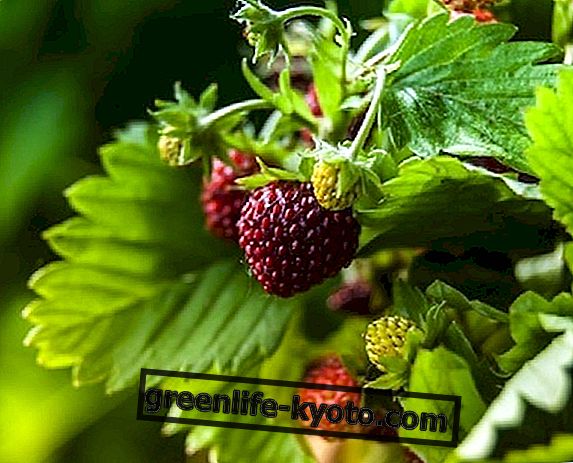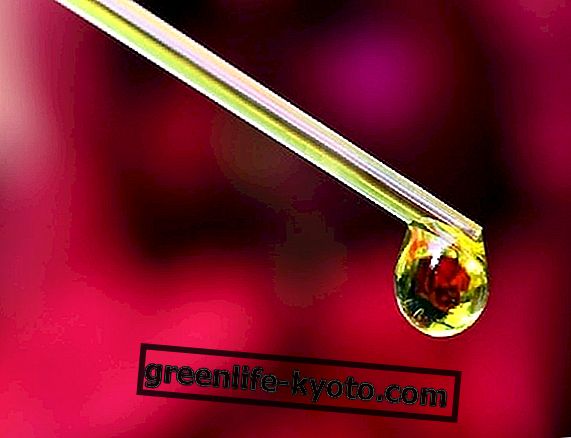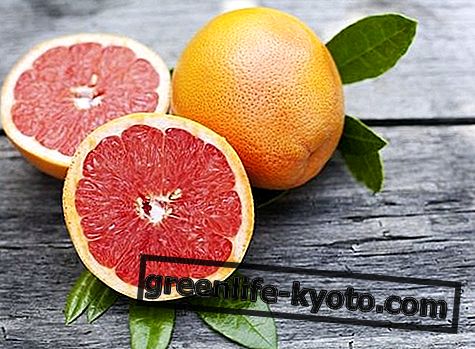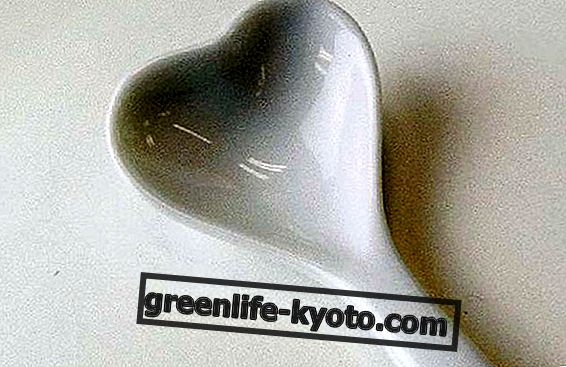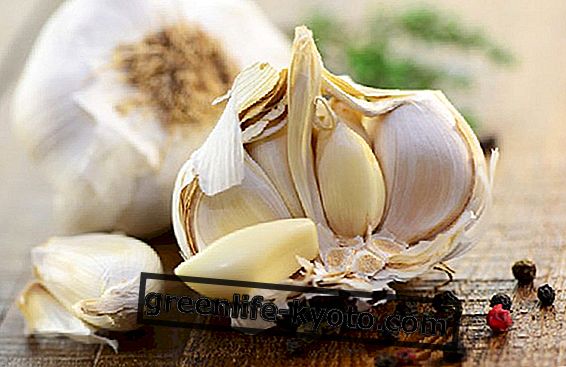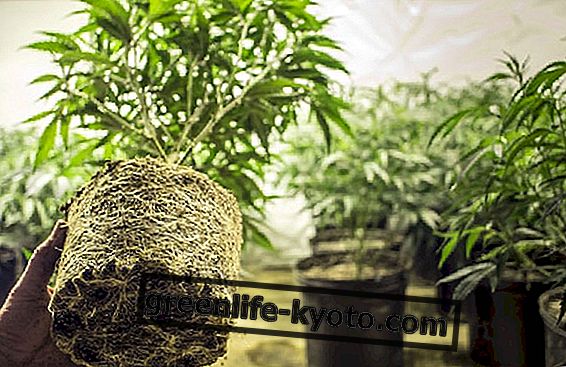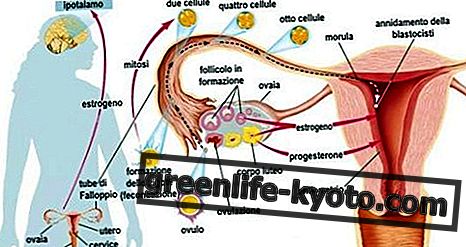
Almonds, almond tree seeds ( Prunus dulcis ), are oily seeds rich in vitamins and minerals, help keep the heart, arteries and bones in good health, and also represent a valid natural remedy against anemia .
Almond milk, a nutritious drink made from these seeds, an all-Italian food as it was originally produced by Sicilian monks, is now known and marketed almost everywhere, although perhaps not everyone knows that it can also be done at home. Let's find out how.
How to prepare milk
The use of almonds in the kitchen is very varied, known above all in the regions of Southern Italy, such as Sicily, Calabria, Puglia; almonds are the protagonists of many gastronomic preparations: for example, we think of almond paste or marzipan, or the much-desired Sicilian almond granita.
Almond milk is a fairly widespread drink prepared with these tasty seeds: delicious and nutritious, it is perfect as a substitute for milk for newborns suffering from cow's milk intolerance or for those who follow a vegan diet.
Preparing almond milk, like the extraction of other plant milks, is very simple, just follow the few steps below.
Ingredients for a liter of almond milk:
> 100 grams of dry or fresh organic almonds, preferably peeled,
> a liter of water,
> About 25 grams of sugar or maple syrup or dates to sweeten.
Preparation
Rehydrate the almonds if they are dry, putting them in a bowl with water at room temperature, leaving them to rest for about an hour. Drain keeping the water aside, adding the necessary to reach the liter of the recipe.
Put the almonds in the blender together with the chosen sugar or sweetener and operate, mincing them as finely as possible, gradually adding all the water.
Soak the whole for about three hours, drain and squeeze the milk with the help of a clean cloth or sterile gauze and bottle. Store in the fridge and consume, being careful to always shake it first, within three or four days.
The almond pulp (okara) that remains in the cloth should never be thrown away: you can use it as a nutritious ingredient for cakes, biscuits, granitas or much more!
Discover also how to prepare toasted and caramelized almonds at home
Almond is a precious fruit
Made up of 50% monounsaturated and polyunsaturated fats, almonds are a precious source of energy and have a fairly high calorific value (about 600 calories per 100 grams).
Precious reserve of vitamin E and mineral salts, especially magnesium, iron and calcium, also contain many fibers (12%). Thanks to the high percentage of "good" fats, almonds keep the arteries and the heart clean, because they help eliminate cholesterol, and are useful for the skin and well-being of the hair. Thanks to the high amounts of iron they are a good remedy for anemia, while calcium makes them valuable for bone health.


